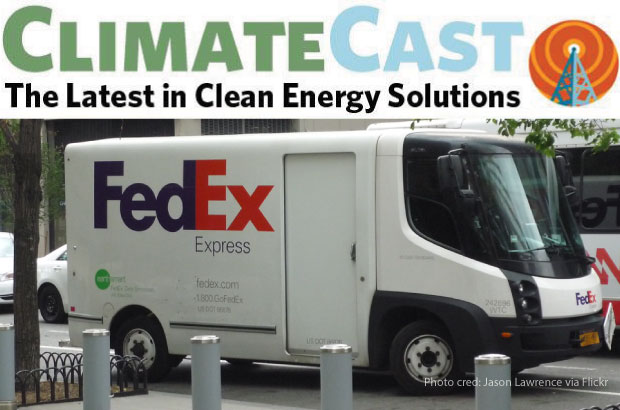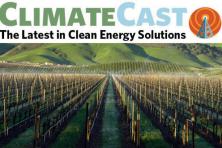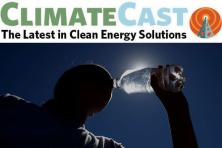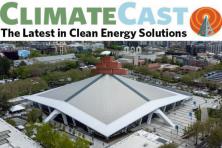Shall we say, a lot happened in 2021? 2021 was also an unprecedented year of climate impacts, with 40 percent of Americans living in a county hit by one catastrophe or another. Those living in the Pacific Northwest experienced record heat, wildfires and flooding—harbingers of what lies in store for our region. The human, environmental and economic costs of these events shed light on the predictable consequences of climate catastrophes. While media coverage of climate issues last year reached an all-time high, and the quality of such coverage generally improved, we also saw major missed opportunities for action at the federal and global levels, even with significant progress closer to home.
A New Year, “new” ideas for climate
One sign of climate’s new media darling status? A flurry of year-end listicles enumerating key whats, whys, and hows of climate action. Some of these ideas recycle long-standing asks of the business community—to collect good data on impacts and take the measures to change behavior—or to continue momentum for change in the transportation sector. Others addressed lesser-known needs in the scientific research community and agricultural sector. Too often omitted: the need for the planet’s worst actors—fossil fuel companies—to stop obstructing climate progress, clean up their own operations, and be a part of the transition to cleaner energy sources. Regionally, the Northwest still has a lot of work to do, despite some landmark progress on climate action in 2021.
The Year of the Truck
Last year’s rosy EV projections, headlines, and weekly new-model promotions thrilled, with promises such as “Anyone now under the age of 6 will never learn to drive in a car with an internal combustion engine.” At last month’s Consumer Electric Show in Las Vegas, auto manufacturers’ new EVs were on full display, with major brands releasing flashy concepts and committing to go all-electric. Among the year’s most promising EV news is that larger vehicles (light, medium, and heavy duty trucks) are making fast progress and will be a huge source of pollution reduction on our roads. Six states (Oregon, Washington, New York, New Jersey and Massachusetts and California) are now legally bound to increase zero emission medium- and heavy-duty truck sales—this means more electric large pickups, buses, garbage trucks and tractor-trailers. The increasing availability of light-duty electric vehicles (aka trucks like the new Chevy Silverado), will be a long-term game changer for Americans who tend to favor larger vehicles.
Cleaning up the global grid
Electricity generation remains a huge source of national and global emissions, but discussions of a clean grid didn’t die with the (hopefully temporary) stalling of Build Back Better legislation. States’ clean energy goals and action continue to lead the way with five states (Illinois, Massachusetts, Oregon, North Carolina and Rhode Island) passing laws requiring a shift to 100% carbon-free electricity or net-zero emissions. Technology for grid reliability and energy storage solutions is rapidly shifting to aid states’ transitions. Plus new studies show that a US running on 100% clean power will be feasible as early as 2035. And despite Europe’s sticky and troublesome relationship with gas-fired power, clean energy continues to rise with renewable sector growth in Germany and major infrastructure projects in the UK.
One thing you can do: Get ready for WA and OR 2022 legislative action
In Washington and Oregon our teams are prepping for the start of the 2022 legislative sessions where we’ll be focusing on clean buildings and clean transportation. You can follow what’s next for each state on our website and check back on the latest actions and updates on 2022 climate policies on our Take Action page.
Like what you read? You can help Climate Solutions continue to create content like ClimateCast by donating to Climate Solutions in the new year. Donate to Momentum – or Make a Tribute Gift in honor of your Climate Hero.





